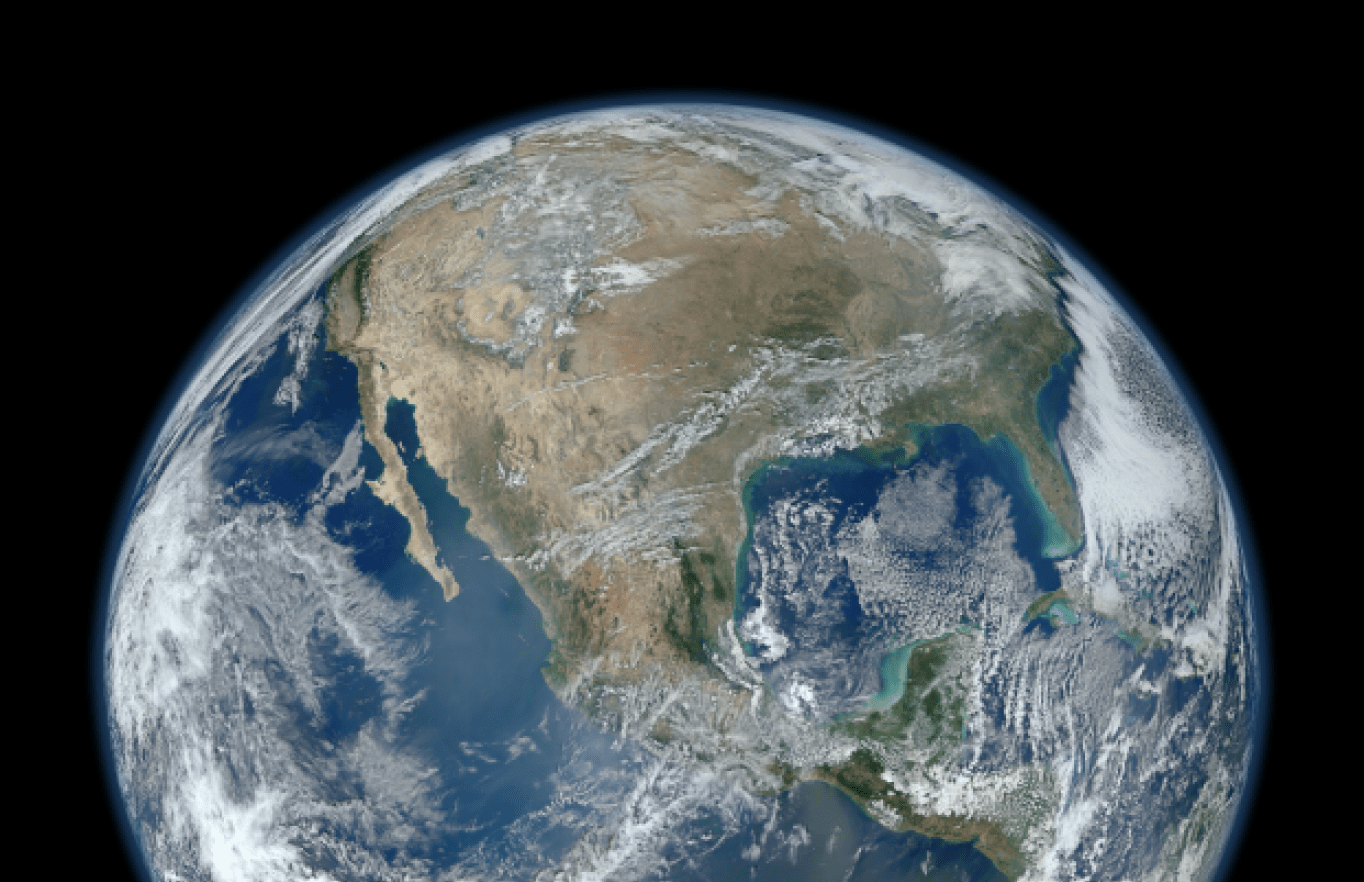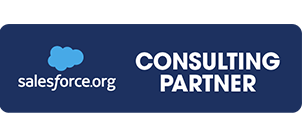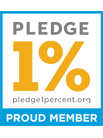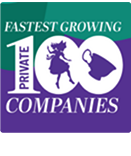Potato peeling and concentration
Yesterday, our Portland staff left Salesforce, email and conference calls behind for one day to participate in a seminar called “The Art of Balancing Life” with Dandapani, a monk-turned-entrepreneur. We expected to be somewhat inspired, somewhat disoriented by a whole day without computers, and plied with lots of mediocre coffee. The day turned out to be much, much more.
Turns out, Dandapani is one of those modern monk-types who upon entering the monastery was given not only a robe and prayer beads, but also a MacBook Pro. During his 10 years in the monastery, he learned Adobe design programs, web programming, and business management alongside more traditional Hindu rituals. You could literally see all the design folks in the room sit up straighter as soon as we heard he had tech chops – this guy was the real deal!
Dandapani’s seminar focused on concentration, willpower, energy management, self-awareness, and gratitude. He recommends starting small (sit still for one minute each morning – don’t jump to 2-hour meditations immediately) and choosing very concrete tactics to employ in your work and personal life.
There were self-reflection points throughout the day, where we brainstormed ways to integrate the lessons into our everyday lives. For example, when you’re in the middle of something and have the desire to pop over to another window/task, write down the distraction but don’t do it – come back to it when your original task is complete. This involves incredible willpower, but the ultimate goal is to not only finish what you start but also finish it well, beyond your expectations. This is obviously challenging in an agile tech-office environment, but Dandapani insisted it would increase our productivity tremendously.
One of the more powerful moments of the day came when my boss turned to us and said, “So guys – this can be our code language moving forward. If you are in the middle of something and can’t be interrupted, say ‘I’m peeling potatoes, give me 20 minutes’” (potatoes being a metaphor for an activity that requires concentration). Creating a language for this within our work team seems like it could have a lot of value, and we all agreed we would respect this. We also agreed to begin our weekly meetings with statements of gratitude – we remembered yesterday that we really like each other, a lot, and need to look around and notice the positive effects of our work environment and collaboration a bit more often.
So, the big question – one day later, has my work felt the positive effects of these teachings? Well, in sitting down to write this post, I told myself I would not go to any other tasks until this was done. I even closed a couple applications. But then a co-worker popped up on chat asking if I had a few minutes to jump on a call about an upcoming event. He’s on vacation next week so I said “sure.” I got off the call 20 minutes later and was starving, so warmed up my food and had a short chat with a co-worker about how much we loved the seminar, but how hard it is to focus, oh and by the way what are you up to this weekend? Then I got back to my blog.
The lesson? Distractions are everywhere and there is no way to stop multi-tasking overnight. But in a small company, we have a powerful opportunity to support each other in trying to work more mindfully. With incremental bursts of concentration on one task at a time and a company culture that supports work-life balance, we just might become a little more focused and aware. Next time you’re on a call with one of us, ask us how it’s going!















